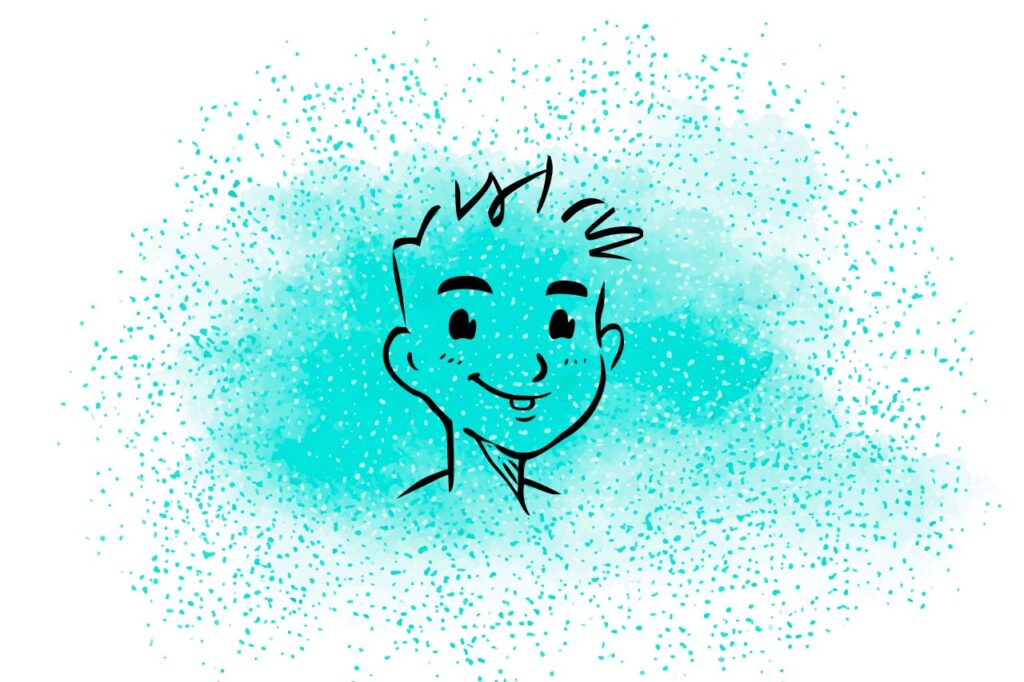[LUM#16] Jules, age 7½: “Is it better to drink bottled water or tap water?”
Jules, 7 and a half years old.

Thank you for your question, which many people ask. In fact, there are several questions in one: is it better for taste, for health, for
the environment?
For your taste buds, a different flavor
People often choose to drink bottled water because they think it tastes better than tap water. The taste of water comes from mineral salts and trace elements. Water that comes from underground aquifers is in contact with rocks and will have more minerals than water that comes from a river. Bottled water comes mainly from groundwater and springs, while tap water can also be taken from lakes and rivers: this is the case for almost 40% of tap water in France. Tap water can have an unpleasant taste due to the chlorine used to disinfect it, but simply leaving the water jug uncovered in the refrigerator for a few hours will remove the smell and taste of chlorine.
For your health, tap water is the best choice.
People often think that bottled water is safer, but in France,
tap water is treated and disinfected. It is regularly monitored and subject to very strict health standards, which means we can drink it safely every day. Tap water is therefore considered safe to drink. Bottled water is not always safe to drink, as some mineral waters do not necessarily meet these standards, and it is not advisable to drink the same mineral water every day. Consuming too much or too little of certain minerals is not good for your health in the long term.
For the environment, limit plastic bottles
You should also know that drinking bottled water has a greater impact on the environment
than drinking tap water. Bottled water goes through a bottling plant, a storage center, stores, and the consumer's car. On average, it is estimated that it travels 300 kilometers to reach our glasses. Then, a plastic bottle will end its life in an incinerator, be recycled (1 in 2 bottles is recycled) or, in the worst case, be left in the environment where it takes between 100 and 1,000 years to degrade. Finally, having clean water from the tap is a luxury that many people in some countries do not have, so don't hesitate to drink it!
Yvan Altchenko, hydrogeologist (AgroParisTech UMR GEAU)
and Flavie Cernesson, hydrologist (AgroParisTech UMR TETIS), members of the UNESCO International Center ICIREWARD.
An article in partnership with The Conversation website.
Find UM podcasts now available on your favorite platform (Spotify, Deezer, Apple Podcasts, Amazon Music, etc.).